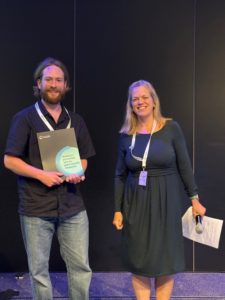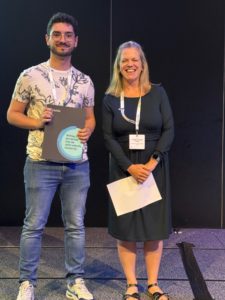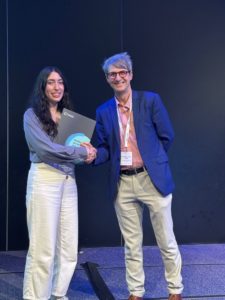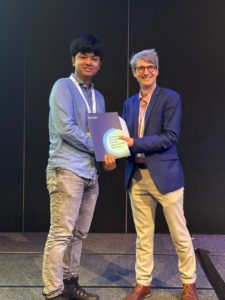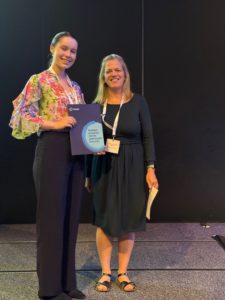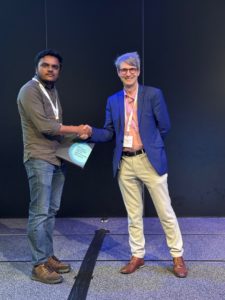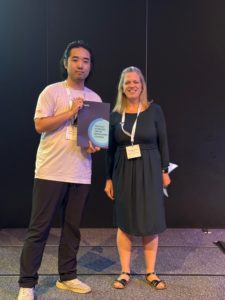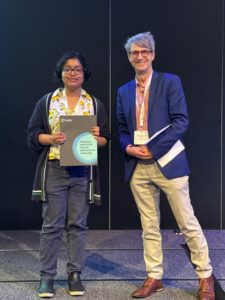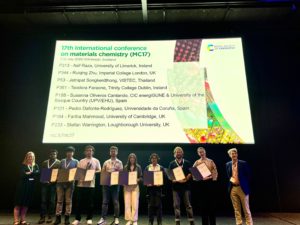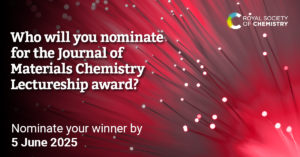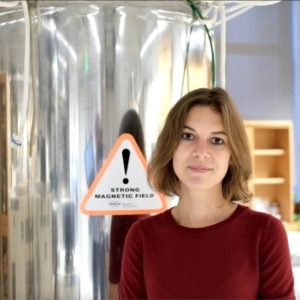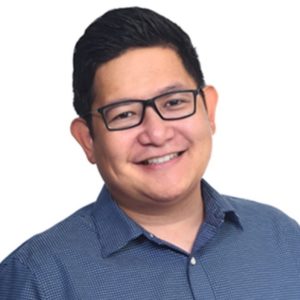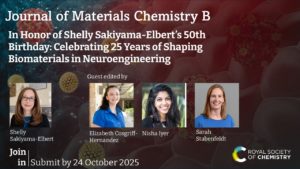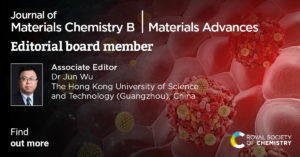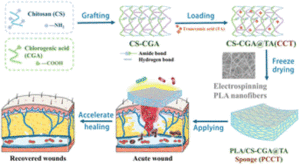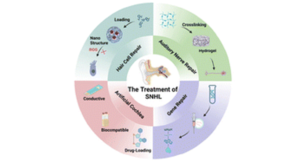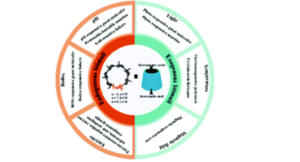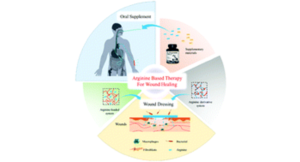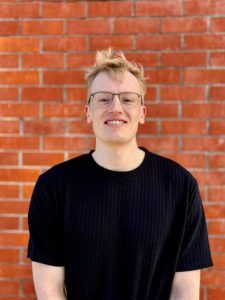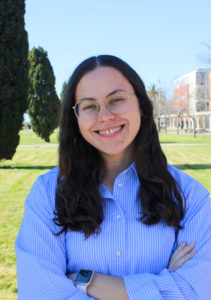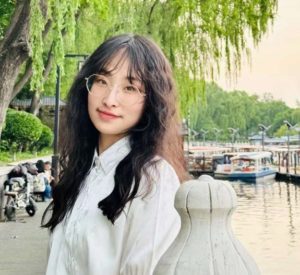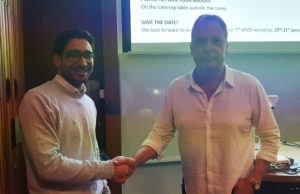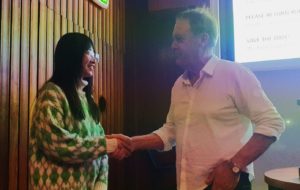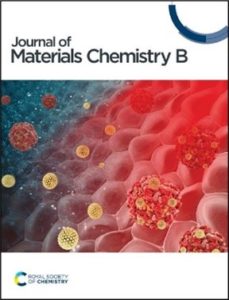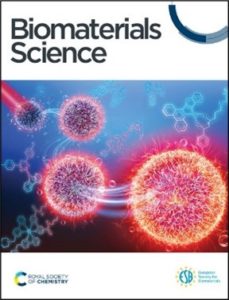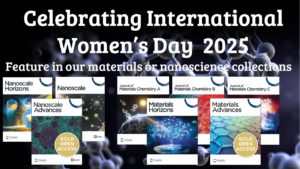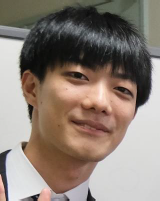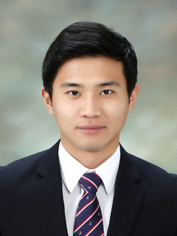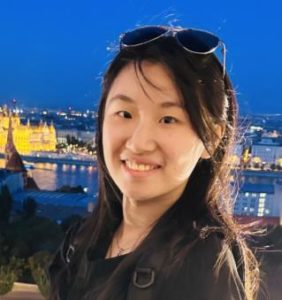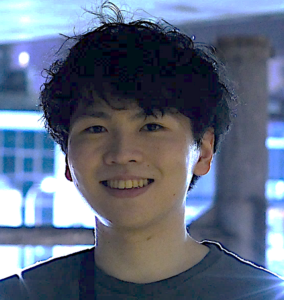Explore our Journal of Materials Chemistry B 2024 themed collections
Journal of Materials Chemistry B is pleased to publish and showcase impactful work in our themed collections, making the latest research in a topic area visible and accessible to the community. In 2024, we were pleased to publish and promote a number of topic-based themed collections from different aspects of materials chemistry for applications in biology and medicine. Discover the latest work in our published and ongoing themed collections below:
Functional Framework Materials for Biomedical Applications

Guest edited by Prof. Ross Forgan (University of Glasgow, UK), Dr Ruxandra Gref (Université Paris Saclay, France) and Prof. Jianqiang Liu (Guangdong Medical University, China)
This collection covers all aspects of MOF and COF chemistry related to biological applications. It provides a platform to highlight state-of-the-art developments in a rapidly moving field, including but not limited to, drug delivery (from small molecules through peptides and oligonucleotides to large proteins), all aspects of imaging, theranostics, biological sensing, biocompatibility in vitro and in vivo, hybridisation with other nanomaterials, encapsulation of biological entities (from enzymes to viruses and cells), and other emerging technologies.
Injectable Hydrogels

Guest Edited by Dr Khoon Lim (University of Sydney, Australia) and Dr Julieta Paez (University of Twente, The Netherlands)
This collection, joint with Biomaterials Science, aims to provide a platform for recent developments in the rapidly evolving field of injectable hydrogels and aims to inspire future research in this area.
Stimuli responsive materials for biomedical applications

Guest Edited by Prof. N. D. Pradeep Singh (Indian Institute of Technology Kharagpur, India), Dr. Mary Beth Browning Monroe (Syracuse University, United States) and Prof. Yanli Zhao (Nanyang Technological University, Singapore).
This themed collection of Journal of Materials Chemistry B is focused on recent developments on stimuli-responsive materials for biomedical applications, including their design, synthesis, characterization, and applications related to biology and medicine.
Biomedical Polymer Materials

Guest Edited by Professors Huayu Tian and Xuesi Chen, Changchun Institute of Applied Chemistry, Chinese Academy of Sciences.
This collection, joint with Biomaterials Science, features some of the recent articles surrounding the topic of biomedical polymer materials. We hope that this collection will give readers an overview of some of the most recent work concerning the materials chemistry and applications of novel biomedical polymer materials and will help to further exciting research in the field.
Micro- and Nano- Motors

Guest Edited by Professor Martin Pumera (University of Chemistry and Technology Prague, Czech Republic), Professor Xing Ma (Harbin Institute of Technology, China), Professor Samuel Sánchez Ordóñez (Institute for Bioengineering of Catalonia, Spain) and Professor Li Zhang (Chinese University of Hong Kong, Hong Kong).
This cross-journal collection in Nanoscale and Journal of Materials Chemistry B focuses on the use of micro- and nanorobots for a variety of applications. It is dedicated to the state of the art of micro- and nanomachines, with emphasis on the design and fabrication, propulsion mechanism, imaging, safety, and application of micro- and nano-motors in a variety of fields. This special collection aims to encourage research collaboration across fields to address critical challenges and promote the development of advanced MNMs towards practical and even clinical scenarios.
Bioinspired Functional Supramolecular Systems

This themed collection in Journal of Materials Chemistry B, Guest Edited by Dr. João Borges (University of Aveiro, Portugal), Prof. Patricia Y. W. Dankers (Eindhoven University of Technology, the Netherlands), Prof. João F. Mano (University of Aveiro, Portugal) and Prof. Sébastien Lecommandoux (University of Bordeaux, France).
This collection aims to provide an up-to-date platform for sharing latest developments in the field of bioinspired functional supramolecular systems. This collection also aims to encourage more interdisciplinary research and collaborative efforts at the intersection of supramolecular chemistry, (bio)materials science, and biology to inspire breakthrough research in the fascinating field of bioinspired supramolecular systems aimed at more closely emulating the complexity and dynamics of natural biological systems and creating life-like material systems.
Bioelectronics
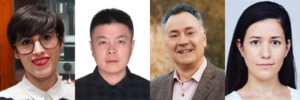
Guest Edited by Dr Eleonora Macchia (University of Bari, Italy), Professor Hong Liu (Southeast University, China), Professor George Malliaras (University of Cambridge, UK) and Professor Anna Maria Pappa (Khalifa University of Science and Technology, UAE)
The themed collection on bioelectronics across Journal of Materials Chemistry B and Journal of Materials Chemistry C is devoted to the cutting-edge research with a focus on bioelectronic materials.
Targeted biomedical applications of nanomaterials

Guest edited by Professor Dhiraj Bhatia (IIT Gandhinagar, India), Professor Mukesh Dhanka (IIT Gandhinagar, India), Dr Anjali Awasthi (University of Rajasthan, India), Professor Kamlendra Awasthi (Malaviya National Institute of Technology Jaipur, India) and Professor Kaushik Chatterjee (IISc Bangalore, India).
This new collection in Nanoscale, Journal of Materials Chemistry B, Nanoscale Advances and Materials Advances will focus on the design of multifunctional hybrid nanomaterials for different applications and on interfacing nanomaterials with biological systems for translational studies. The scope of this collection loosely aligns with the 2023 International Conference on Nanomaterials in Biology (ICNB 2023), held at the Indian Institute of Technology Gandhinagar along with Soft Materials Research Society, from 19–22 November 2023.
Materials Chemistry of Fluorescence Bioimaging

Guest edited by Dr Sijie Chen (The Chinese University of Hong Kong; Karolinska Institutet), Prof. Tony D. James (University of Bath), Dr Apurba L. Koner (IISER Bhopal) and Prof. Ben Zhong Tang (The Chinese University of Hong Kong, Shenzhen)
This collection aims to provide a platform for recent developments in this rapidly evolving field of fluorescence bioimaging with topics including, but not limited to, fluorescence bioimaging with novel probes, design or synthetic strategies of fluorescent probes, theoretical understanding of fluorescent probe properties and working mechanisms, and new insights into the materials chemistry of fluorescence bioimaging.
2024 Journal of Materials Chemistry B Emerging Investigators
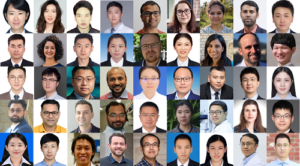
Journal of Materials Chemistry B is pleased to present this themed collection highlighting the rising stars of materials chemistry research in 2024. This special collection showcases the very best work from materials chemists in the early stages of their independent career.
Celebrating 10 years of Emerging Investigators in Journal of Materials Chemistry B
This special collection marks 10 years of our Emerging Investigators, an annual collection launched in 2014 showcasing high quality research being carried out by international researchers in the early stages of their independent careers. In celebration of the 10th anniversary of this initiative, the collection features new exciting work from contributors to the early Emerging Investigator collections.
